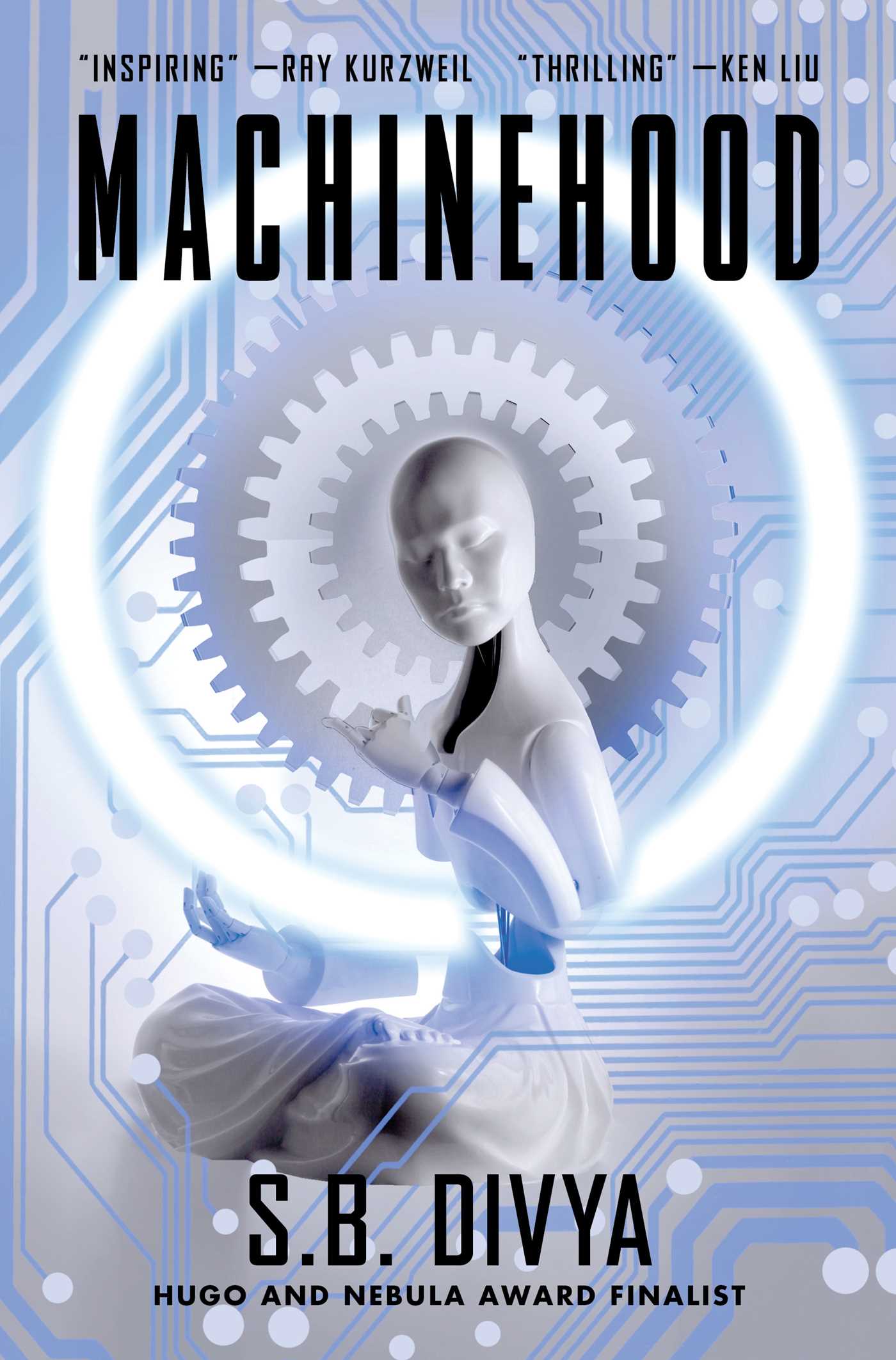
Meet Me at Blue Hour
by SARAH SUK
In contemporary Busan, South Korea, two estranged childhood friends are unexpectedly reunited when one discovers the other has erased all memories of their relationship using a clinic that removes memories through sound. As they unravel the reasons behind this loss, the story explores the ethics of memory manipulation, the pain of being forgotten, and the enduring power of love, family, and identity.
Reader Review Summary
Set in Busan, South Korea, the novel follows seventeen-year-old Yena Bae, who is spending the summer working at her mother’s memory-erasing clinic, Sori Clinic. The clinic uses sound-based technology to erase specific memories, and is also running a new study to help restore lost memories, particularly for patients with Alzheimer’s disease. Yena, feeling lost and disconnected since her childhood best friend Lucas moved away without explanation four years earlier, is shocked to encounter Lucas in Busan—only to discover he has no memory of her, having erased her from his mind. The story unfolds through dual first-person perspectives from Yena and Lucas, interspersed with chapters narrated by the sounds that shaped their relationship, as the two teens reconnect, unravel the reasons behind Lucas’s memory erasure, and confront questions about memory, identity, and the possibility of starting anew.
Readers praised the book’s immersive writing style, vivid descriptions of Korean settings and food, and the emotional depth of the characters’ journeys. The dual POV structure, along with interludes from the perspective of significant sounds, was highlighted as an effective narrative device that deepened the portrayal of Yena and Lucas’s relationship. Many appreciated the exploration of family dynamics, particularly Yena’s distant relationship with her mother and Lucas’s bond with his grandfather, who is living with Alzheimer’s. The depiction of the ethical and psychological implications of memory erasure, as well as the impact of memory loss on both individuals and their loved ones, resonated with readers. The friends-to-lovers romance and the nostalgia evoked by the Busan setting were also frequently mentioned as strengths.
Some readers felt that the book’s emotional impact was less intense than expected, especially compared to the author’s previous works, and that the story moved too quickly, skimming over moments that could have been explored in greater depth. A few noted that the ending felt rushed and that the novel’s brevity limited the exploration of its central themes, such as memory recovery and the consequences of erasing memories. There were comments that the book read younger than its characters’ ages, with some wishing for a more mature or in-depth treatment of the subject matter. Additionally, a handful of readers found the resolution of the plot and the handling of certain side characters less satisfying.
The book incorporates elements of science fiction through its speculative memory technology, while remaining grounded in contemporary themes of grief, loss, and personal growth. It addresses topics such as Alzheimer’s disease, family separation, friendship breakups, and the ethics of altering memories, with trigger and content warnings for issues like chronic illness, PTSD, panic attacks, and parental death. The narrative is accessible to a young adult audience, with references to Korean-Canadian identity and cultural experiences. The story’s structure, alternating between present-day events, flashbacks, and the perspectives of sounds, was noted as a distinctive feature. The novel has received an average reader rating of 4.09 out of 5 from 194 ratings and 81 full reviews, and is scheduled for publication on April 1, 2025.
Copyright ©2024 Hidden Sci-Fi






